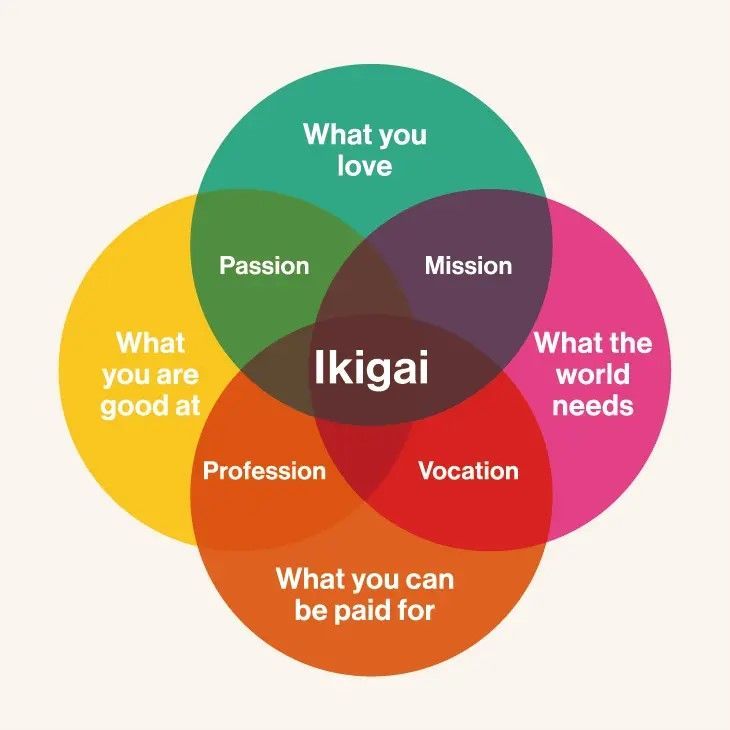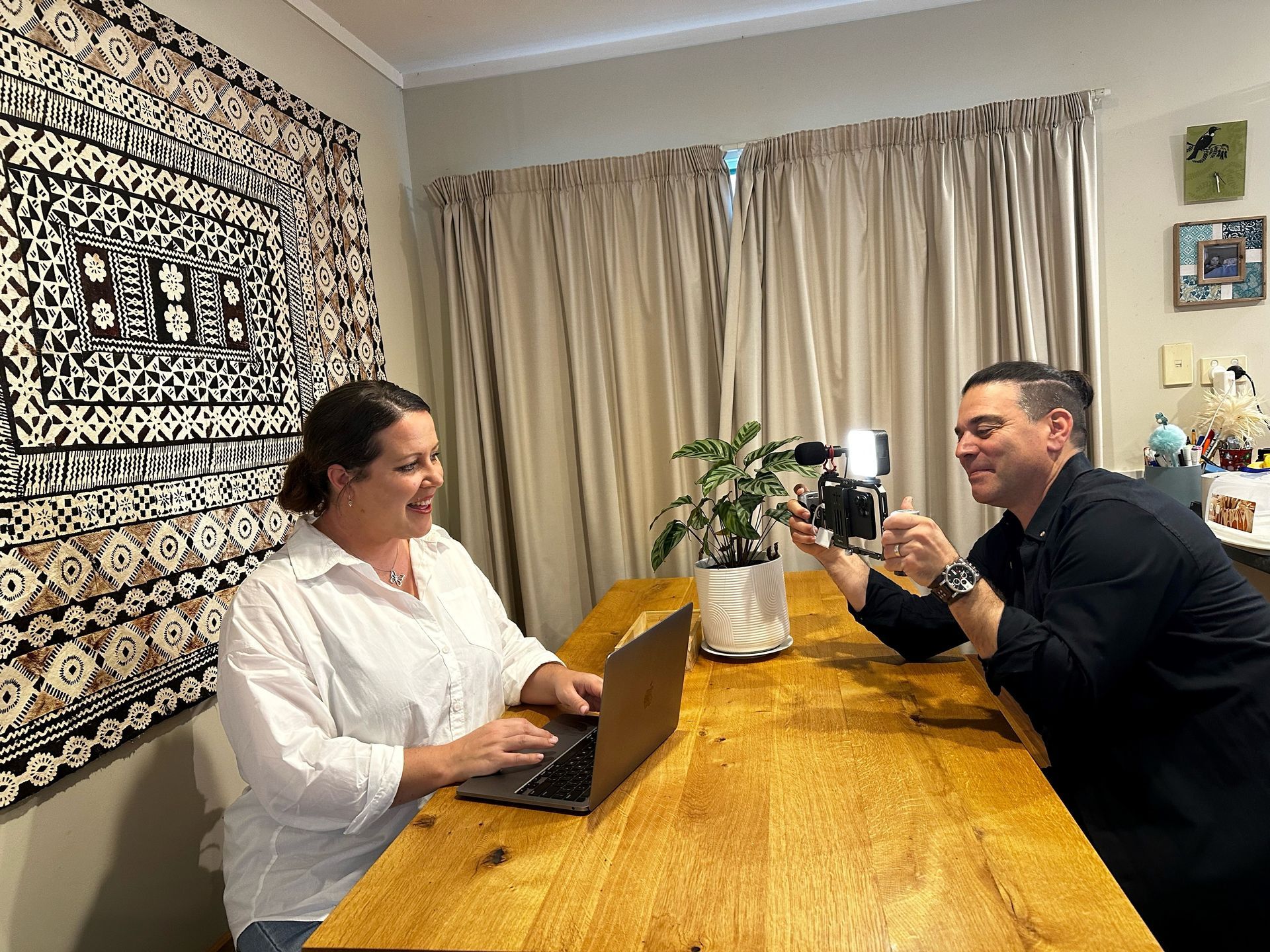End of Year Housekeeping
End of Year Housekeeping
As another financial year rolls around, it's time for a little accounting and tax housekeeping. For most taxpayers the year end is 31 March, but even if your year end is 30 June or 31 December, you would still be advised to read on.

Figure 1 : Waterfalls in Bali - Photo by Robert Collins on Unsplash
Trading Stock (Inventory)
Inventory is valued at the lower of cost or market selling price. If you sell an item below cost just before balance date, then you can value the remaining items at that price. Dispose of stock that is unsaleable before your stocktake.
Inventory should be counted as close to balance date as possible. Remember to include stock in transit, if the purchase cost has been paid or included in creditors. If your turnover is $1.3m or less for the year and you estimate your inventory on hand is less than $10,000, you don't have to do a stock take; you can use your opening stock figure for your closing stock figure.
Prepaid Consumables and Expenses
If you estimate your consumable aids on hand cost less than $58,000 then you don't have to make a prepayment adjustment at year end. Source: IRD technical tax
Similarly, you can claim these expenses invoiced in one income year even if they are for the next income year. Just remember, you still need to pay for the invoices, so don't go incurring costs you don't need:
Accounting costs (mandatory) and audit fees
Advertising (under $14,000, up to 6 months)
Insurance (contract under $12,000, up to 12 months)
Periodic charges (under $14,000, up to 12 months)
Postage and courier tickets
Professional subscriptions (under $6,000, up to 12 months)
Rates
Rent (under $26,000, up to 6 months)
Services (under $14,000, up to 6 months)
Stationery
Subscriptions for newspapers, magazines
Telephone maintenance (up to 2 months)
Travel and accommodation (under $14,000, up to 6 months)
Vehicle registrations, road user charges
Warranties or equipment service contracts as inseparable part of the asset
Repairs and Maintenance
With the ring-fencing of rental losses from 1 April 2019, many landlords will be trying to ensure their repairs are done before 31 March. Expenditure on an asset may be a repair or an improvement. Chat with us about any major work you have done, so that we can appropriately analyse the costs.
Write off Bad Debts
To claim a tax deduction for bad debts, they must be written off before the end of the financial. In your accounting software raise a credit note to clear the debt or write Bad Debt across the invoice in your invoice book. To decide whether a customer balance (debtor) is a bad debt or merely doubtful, consider the age of the debt, how much effort has gone into chasing the debt and the likelihood of the debt being collected. Writing off bad debts give a more accurate reflection of the business's financial results but does not prevent the business from continuing to seek recovery of the debt.
Holiday Pay
Note any holidays (except for public holidays) taken by staff within 63 days of balance date, so that you can claim a tax deduction.
Property, Plant & Equipment
Purchases of assets costing less than $500 (excl GST if registered) can be automatically expensed, unless they are part of the construction of a larger asset. Review your depreciation schedule from last year. Assets which have been disposed of or put in a dingy corner because they are too costly to dump can be written off from the books so that a loss on disposal can be claimed.
You may want to defer the sale of a significant asset until after balance date, to push the depreciation recovery income into the next tax year.
Retentions
Retentions on building contracts are generally taxable in the year the contractor becomes legally entitled to receive them. Let us know of any retentions so we don't include them in income.
Preparation for 2019-2020 year
If you're changing accounting software, the start of a new year is a good time to do it. Set up now, so your bank feeds start from 1 April.
Have you checked that your payroll software is ready for payday filing? All major software companies claim to be ready, but desktop versions require a software upgrade at your end. The first time you sign in, you will need to allow the software to access IRD with your MyIR login and password.
The minimum wage increases to $17.70 per hour on 1 April 2019. Review all wages and salaries, not just those on minimum wages.
Consider how changes in your business will affect your income tax and talk to us about estimating your provisional tax or spreading your tax payments differently across the year.
It's time for some housekeeping: tidy up your end of year accounts and prepare for the year ahead. If you have any questions or concerns please contact us at JDW, so we can help you.
Download a PDF version here or contact the author by email. Like our Facebook page for regular tips.
Serena Irving is a director in JDW Chartered Accountants Limited, Ellerslie, Auckland. JDW is a professional team of qualified accountants, auditors, business consultants, tax advisors, trust and business valuation specialists.










